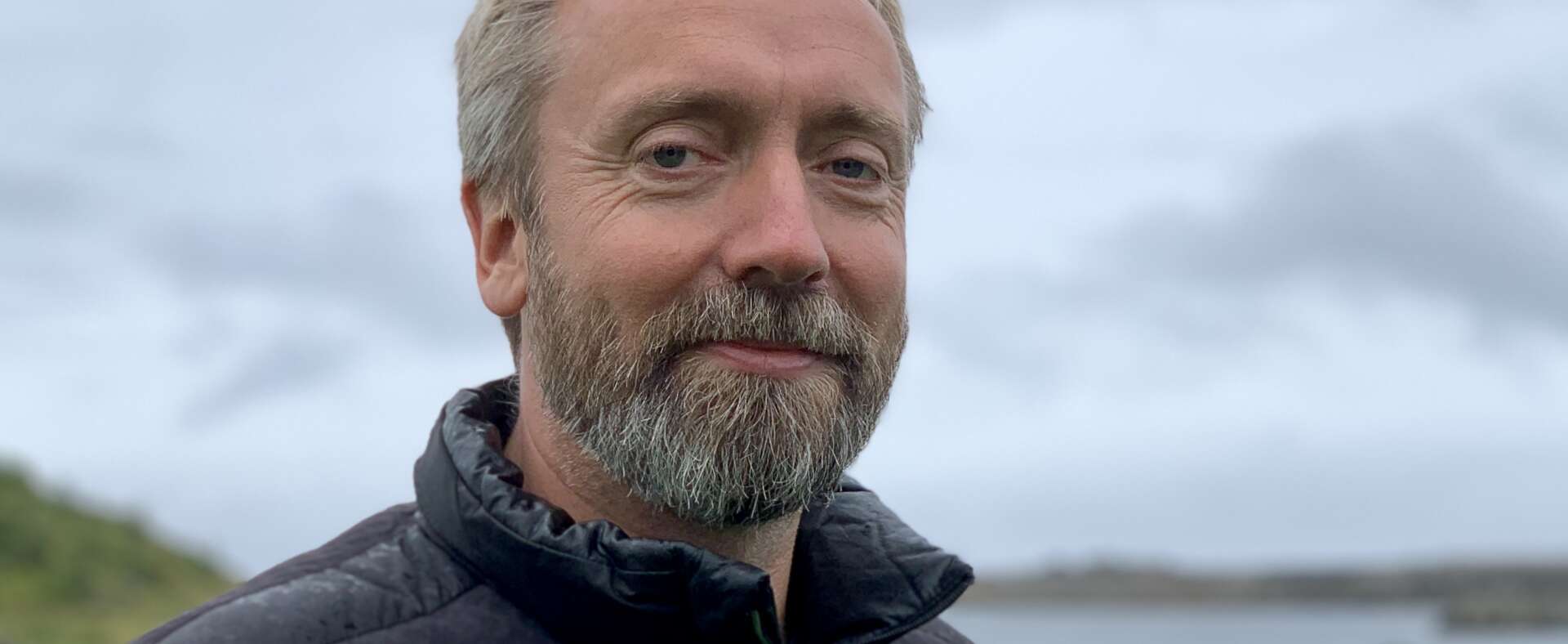WRITTEN BY: Annika Pham
Exclusive-Fantefilm’s new Head of TV tells us about “The Wave” creators’ ambition to apply their “Scandisaster” film-know-how to TV drama.

Exclusive-Fantefilm’s new Head of TV tells us about “The Wave” creators’ ambition to apply their “Scandisaster” film-know-how to TV drama.
In the last decade, Lasse Greve Alsos has worked for some of Norway’s most distinguished production outfits-Rubicon, Storm Rosenberg, Monster Scripted, as well as for NRK’s drama department as Executive Producer and Deputy Head of Drama.
He joined Fantefilm last February after having wrapped the production of Monster Scripted’s Furia, selected for Series Mania’s international TV drama competition.
Fantefilm’s move into TV drama is a natural step for the company, which has moved from commercials to feature film and now long-form scripted content.
Minority-owned by Nordisk Film, the outfit founded by Martin Sundland is introducing at Series Mania CoPro-Pitching sessions its first TV series: La Palma, while preparing the launch of its next mega-disaster movie The North Sea, due to hit Norwegian screens October 29.
Lasse Greve Alsos spoke to us:
Why did you join Fantefilm and who are the key people working with you?
LGA.: I joined Fantefilm in February to head the new TV series department. There was already a strong team in place there, with extensive experience from both feature films and TV series; Lars Gudmestad (Headhunters) is the creator of Next Summer which is now in its 9th season. Harald Rosenløw Eeg (The Wave, The Quake) is the initial writer of Occupied, and Jan Eirik Langøen has in between all feature films, line produced the series Nobel and Fortitude. And we are of course pulling on all the experience from our dear colleagues working with feature film.
I find especially Fantefilm’s know-how and ongoing attention to the audience’s needs and tastes very interesting for series development. It is like NRK’s research department-just in a smaller scale, but with the same goal: know your audience! Fantefilm is big enough to let people specialise in their respective fields, and small enough to join forces when in need. And in the centre of it all is founder and producer, Martin Sundland, a strong visionary and creative force.
What are Fantefilm’s TV drama ambitions?
LGA.: Fantefilm aims to produce great cinematic experiences for a wide audience. The projects are clearly genre-based with strong characters set in extraordinary dramatic situations. The ambition is the same for both feature films and TV series and is platform-neutral.
What type of stories do you want to tell?
LGA.: With our upcoming show La Palma, we want to keep the same starting point that has given Fantefilm such great success in the past, through the disaster films The Wave, The Quake, and soon to premiere The North Sea. We’ve noticed that this genre, with its Scandinavian twist, has managed to tell stories that the audience can identify with, both locally and internationally. Our "heroes" are ordinary people from our own Scandinavian everyday life, put in unthinkable scenarios where they must act accordingly. We are always close to the characters, and try to avoid the perspectives from the "presidential level", while working as close as possible to the ordinary people who are in the middle of the disaster.
With our ‘Scandisaster’, we have created a genre where we combine suspense and plot with spectacular scenes, while keeping the focus on the characters and drama in the story.
Then we’re also interested in stories, based on true events. Our WW2 feature Betrayed [which just picked up 3 Amanda awards] was based on a true story about the Braude family, an ordinary Norwegian family, living in Oslo during WW2 whose fate is tragically sealed by the simple fact that they are Jewish. We are already working on reality-based series in our development slate.
How far are you in the financing of La Palma and what do you expect from Series Mania’s Co-Pro Pitching session?
LGA.: With commitments from our Nordic Public Broadcasters NRK, SVT, DR, YLE, RUV, and estimated public funding, we should have around 70-75% of the financing in place. We expect to do pre-sales and find both production and financing-partners at Series Mania.
How do you view the current market for Norwegian/Nordic drama content?
LGA.: I had the pleasure of being part of the golden age in NRK’s drama department. In the years 2012 to 2017, we stepped into the international arena with both content produced by the internal Drama Department and series commissioned from Norwegian independent producers. It was a giant leap for Norwegian TV series which peaked in 2017 with an international Emmy Award for the series Mammon II.
At the beginning of this period, international buyers and distributors were only interested in Nordic Noir and turned down other genres. But they soon realised that the Nordics have interesting and compelling storytelling in other genres as well. This will evolve even more.
One of the reasons we continue producing content that feels fresh and modern in the Nordics, is that we have commissioners in our public broadcasters who stand on solid ground and are willing to take a risk. Because risk and success are closely connected.
Commissioners who play it safe, tend to end up with more generic content. So my advice to all broadcasters and platforms out there is that you have to give your commissioners room to fail and encourage them to take a risk.